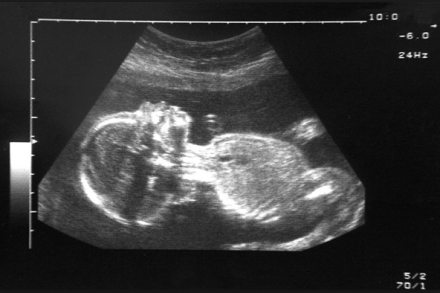Jeremy Hunt steps up war of words with junior doctors ahead of strike
Now that Jeremy Hunt has rejected a proposed cross-party pilot scheme for new junior doctors’ contracts it seems this week’s strike looks certain to go ahead. The industrial action is due to start tomorrow morning and junior doctors will walk out again on Wednesday, but the war of words for this week has already begun in earnest. The Health Secretary has fired the opening salvo in his letter to Dr Mark Porter. Hunt said the strike: ‘…seriously risks the safety of many who depend on the NHS’ Dr Porter, the BMA council chair, has been on Today defending the industrial action which will see junior doctors walking out and not



















